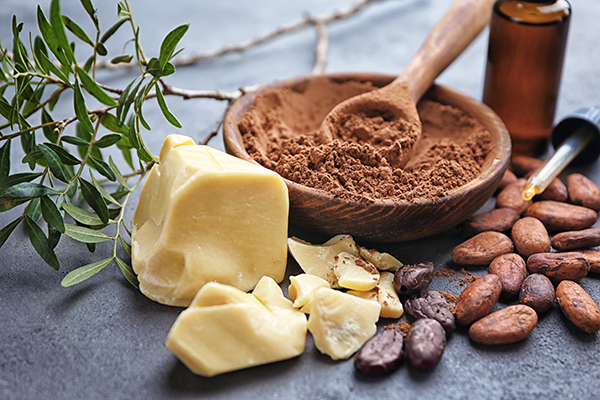Battle of the citrus fruits: Comparing the health benefits of lemons and limes
12/08/2019 / By Zoey Sky

Lemons and limes are often used to make a variety of citrusy treats and drinks like pies and juices. They even share similar nutritional profiles and health benefits.
But lemons and limes also have certain differences. For example, lemons are slightly more acidic than limes.
The nutritional profile of lemons and limes
Lemons and limes offer similar nutritional benefits. While lemons contain more vitamins and minerals, the small difference doesn’t have any significant effects.
Acidity
Lemons and limes are full of citric acid, meaning both citrus fruits are more acidic than other kinds of foods.
The two fruits have very similar citric acid content, but lemons contain a little more on average:
- Lemon juice – 48 grams of citric acid per liter (g/L)
- Lime juice – 45.8 g/L
The many uses of lemons and limes
Lemons or limes are often added to foods and beverages because they have strong, sour flavors.
The citrus fruits are often used to make premade or freshly squeezed juice. Both lemons and limes are also used to make hot or cold drinks like tea or lemonade and citrus water.
Lemon and lime rinds have a unique, bitter taste, and juice or peel from the citrus fruits are a popular ingredient in marinades, salad dressings and sauces. Lime can be added to baked fish while a halved lemon can be stuffed into a roasted chicken.
Lemons and limes can be used interchangeably when baking biscuits, bread, cake, cheesecake, cupcakes, meringue pie, mousse, muffins or tarts.
Research suggests that the essential oil of lemon and other citrus fruits can boost one’s mental state via aromatherapy or inhalation. Citrus essential oils have antimicrobial properties, and they also help minimize skin inflammation when used topically.
Acidic lemons and limes are commonly used in antibacterial citrus-based cleaning products such as bleaches and surface cleaners.
The health benefits of lemons and limes
Lemons and limes are rich in antioxidants, flavonoids and vitamin C. Here are some of the similar health benefits of the two fruits.
Lemons and limes contain antioxidants
The antioxidants in these citrus fruits help prevent cell damage that can cause chronic health conditions like cancer, diabetes and dementia. It is believed that antioxidants may help prevent these conditions from developing in the first place. (Related: Eating more citrus fruits is an easy way to prevent dementia.)
Lemons and limes contain flavonoids
Lemons and limes both contain flavonoids. These phytochemicals may offer health benefits for conditions like heart disease and metabolic disorders.
While research into flavonoids is still in its early stages, scientists believe that their initial findings are very encouraging. Data from animal and cell studies have found that flavonoids possess cancer-fighting, neuroprotective, anti-inflammatory and anti-diabetic properties.
Lemons and limes are rich in vitamin C
Vitamin C is an essential antioxidant that protects your cells from damage. Vitamin C plays a role in collagen production, a substance that is needed for wound healing.
Vitamin C also helps the body absorb iron from foods and strengthens the immune system.
Considerations when using lemons and limes
Because they are very acidic, lemons and limes may aggravate heartburn or digestive issues in those with gastroesophageal reflux disease (GERD).
It is safe to consume moderate amounts of lemons or limes, but the juice of these citrus fruits may cause stinging pain if it comes in contact with open wounds (e.g., a cut lip or mouth ulcers).
Consuming too many citrus fruits may erode tooth enamel and cause cavities over time.
Always use gloves when using cleaning products that contain citrus fruits or other irritating chemicals.
Boost your vitamin C intake by drinking freshly squeezed lemonade or lime juice.
Sources include:
Tagged Under: food cures, food is medicine, Fresh, fruits, functional food, groceries, lemons, limes, natural health, natural remedies, nutrients, phytonutrients, prevention, vitamin C
RECENT NEWS & ARTICLES
FoodCures.News is a fact-based public education website published by Food Cures News Features, LLC.
All content copyright © 2018 by Food Cures News Features, LLC.
Contact Us with Tips or Corrections
All trademarks, registered trademarks and servicemarks mentioned on this site are the property of their respective owners.




















